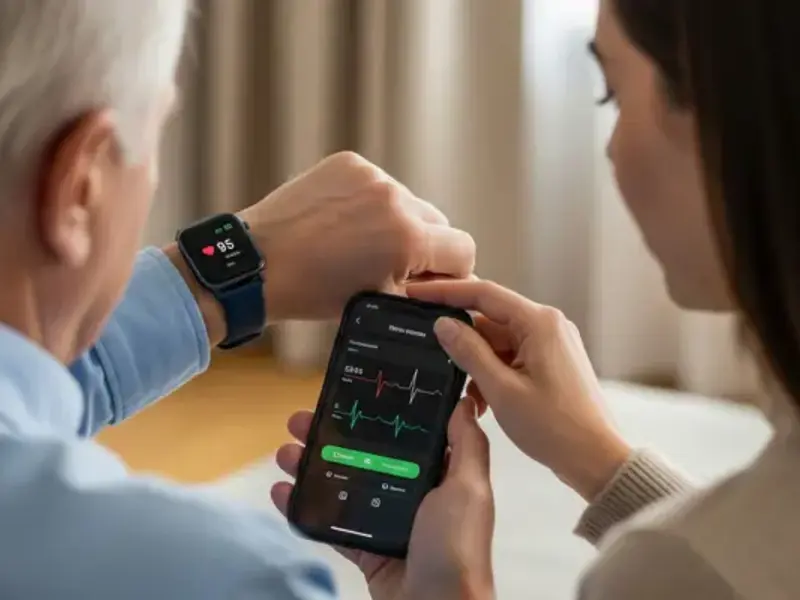Medcast news and blog
Conversations about youth mental health: new program supports GPs to reposition antidepressant use in young people
With one in three young Australians experiencing a mental health condition each year, and suicide remaining the leading cause of death for 16 to 24-year-olds, the way clinicians approach antidepressant use in teens and young adults has never been more important.
READ ON
Discover practical strategies for GPs to identify and manage anxiety and depression in adolescents, balancing non-pharmacological care with thoughtful, evidence-based prescribing when needed. Find out how the Quality Use of Medicines Alliance is helping health professionals navigate this complex area with new clinical tools, national education programs and expert-led insights.

Wearables with PPG or ECG capabilities can identify episodes of irregular heart rhythms suggestive of AF, but should not replace traditional methods of diagnosis, such as a 12-lead ECG. Evidence of accuracy and positive predictive values from prospective, comparative trials involving older populations are limited, and the potential for inconclusive results remains a concern based on current trial findings. Their utility may be highest for symptomatic individuals or those at risk of developing AF.

This is the second FastTrack on atrial fibrillation (AF). Part 1 described the diagnosis, initial assessment of AF, and indications for urgent review. This FastTrack describes the approach to setting a management strategy using risk calculators, how to assess and reduce risk factors, and long term monitoring of patients with AF.

Best-practice treatment of depression no longer considers pharmacotherapy as the default first-line therapy for many patients. In this FastTrack activity, you will update your knowledge of evidence-based interventions for major depression, including when to consider medications and when to cease them. Complete the quiz to receive 30mins EA and 30mins RP CPD.

Atrial fibrillation (AF) is common and significantly impacts mortality, contributing to as many as 1 in 10 deaths in Australia. This FastTrack is the first of two, focusing on the diagnosis and management of AF, from the recommendations on opportunistic screening to identifying comorbidities and precipitating factors. Complete the quiz to earn 30mins EA and 30mins RP CPD.

The QUM Alliance welcomes new government grants to improve health literacy and medicine safety. Over three years, programs will tackle stroke prevention, osteoporosis, menopause, mental health and multimorbidity. Led by Medcast, the initiative supports health professionals and consumers, building on previous successes to reach priority populations.

Too many patients with atrial fibrillation (AF) and an elevated risk of stroke are missing out on appropriate long-term anticoagulation, and this puts them at unacceptable risk of catastrophic stroke and death. This makes early detection, use of validated stroke and bleeding risk assessment tools, and prompt initiation of anticoagulation essential.

This clinical summary and quiz aims to enhance understanding of eczema and assesses knowledge of eczema management, including the role of moisturisers, appropriate use of topical corticosteroids, and the impact of food allergies.

Explore the role of antidepressants in older adults, weighing risks and benefits, deprescribing, and alternative strategies. Listen to expert insights in this podcast.
